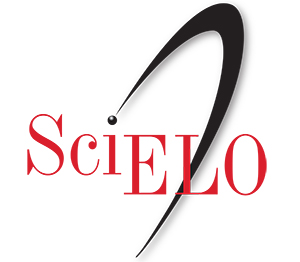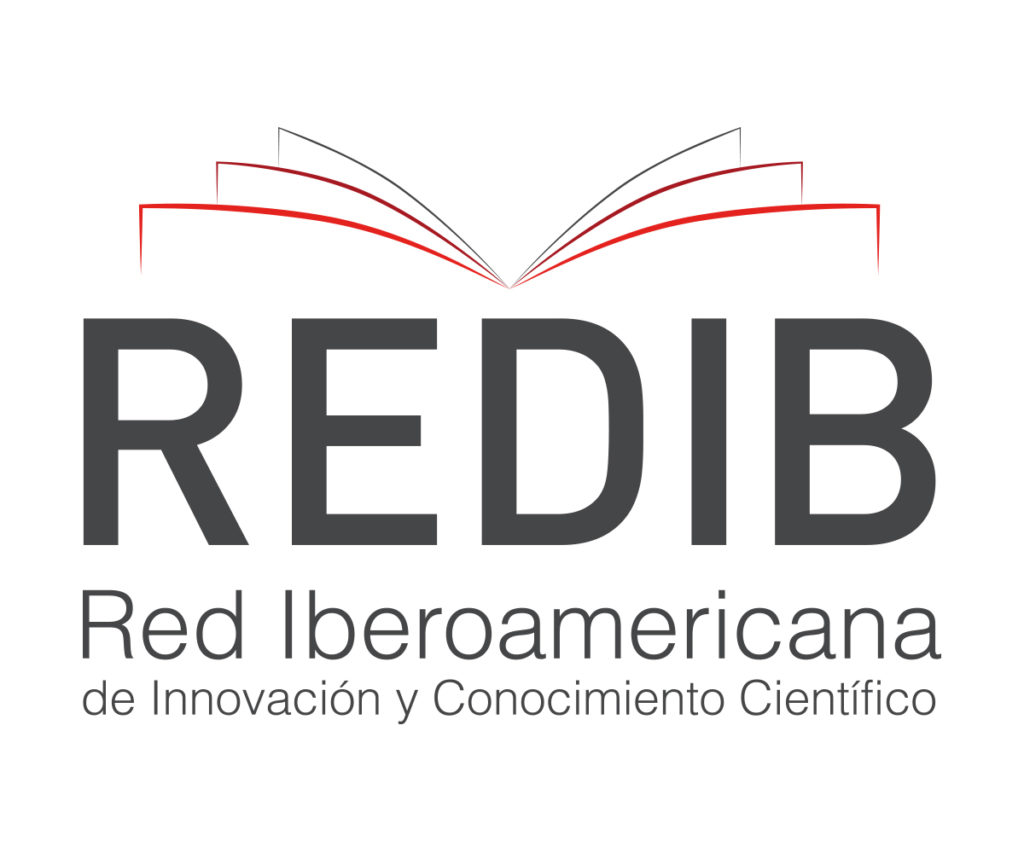Estilos y estratos para el estudio de controversias científicas
Styles and Strata for the Scientific Study of Scientific Controversies
DOI:
https://doi.org/10.15446/ideasyvalores.v71n8Supl.102057Palabras clave:
controversias científicas, controversia cuántica, estilos de razonamiento, estratos (es)scientific controversies, quantum controversy, styles of reasoning, strata (en)
Descargas
En el artículo planteamos una categoría para el estudio de controversias científicas, controversias sobre estilos, y proponemos una herramienta de análisis para dar cuenta de ellas. Para ello, hacemos uso de la noción de estilo de razonamiento de Ian Hacking y la metáfora de una historia por estratos. Mostraremos que las controversias sobre estilos tienen la particularidad de persistir en el tiempo, evolucionar e involucrar discusiones y debates en múltiples niveles. Para ilustrar nuestra propuesta, presentamos la controversia cuántica como un ejemplo de una controversia sobre estilos y hacemos uso de la herramienta que aquí sugerimos.
In this article we propose a category for the study of scientific controversies, controversies about styles, and suggest a tool of analysis to give an account of this sort of disagreement. To do this, we use Ian Hacking’s notion of style of reasoning and the metaphor of a stratified history. We will show that controversies of styles have traits: they persist over time, evolve, and include discussions and debates on multiple levels. We present the quantum controversy as a case of a controversy about styles and make use of the tool we have suggested to illustrate our proposal.
Referencias
Baltas, Aristides. “Classifying Scientific Controversies.” Scientific Controversies: Philosophical and Historical Perspectives. Edited by Peter K. Machamer et al. Oxford University Press, 2000. 40-50. DOI: https://doi.org/10.1093/oso/9780195119879.003.0003
Boltzmann, Ludwig. “On the Relation of a General Mechanical Theorem to the Second Law of Thermodynamics [1877].” The Kinetic Theory of Gases. Translated by Stephen G. Brush. Imperial College Press, 2003.
Boon, Mieke. “Two Styles of Reasoning in Scientific Practices: Experimental and Mathematical Traditions.” International Studies in the Philosophy of Science 25.3 (2011): 255-278. DOI: https://doi.org/10.1080/02698595.2011.605248
Braudel, Fernand. The Mediterranean and the Mediterranean World in the Age of Philip ii. Translated by Sian Reynolds. Harper & Row, 1972.
Brush, Stephen George. “Irreversibility and Indeterminism: Fourier to Heisenberg.” Journal of the History of Ideas 37.4 (1976a): 603. DOI: https://doi.org/10.2307/2709027
Brush, Stephen George. The Kind of Motion We Call Heat: A History of the Kinetic Theory of Gases in the 19th Century. North-Holland Publishing Company, 1976b.
Cardona, Carlos Alberto. “Kepler: Analogies in the Search for the Law of Refraction.” Studies in History and Philosophy of Science Part A 59 (2016): 22-35. DOI: https://doi.org/10.1016/j.shpsa.2016.05.004
Collingwood, Robin G. An Essay on Metaphysics [1940]. Clarendon Press, 2004.
Cotgrove, Stephen. “Styles of thought: science, romanticism and modernization.” British Journal of Sociology 29.3 (1978): 358-371. DOI: https://doi.org/10.2307/590106
Cremaschi, Sergio and Dascal, Marcelo. “Malthus and Ricardo: Two Styles for Economic Theory.” Science in Context 11.2 (1998): 229-254. DOI: https://doi.org/10.1017/S0269889700003008
Crombie, Alistair C. Styles of Scientific Thinking in the European Tradition: The History of Argument and Explanation, Especially in the Mathematical and Biomedical Sciences and Arts. Gerald Duckworth & Company, 1994.
Elwick, James. “Layered history: Styles of reasoning as stratified conditions of possibility.” Studies in History and Philosophy of Science 43 (2012): 612-627. DOI: https://doi.org/10.1016/j.shpsa.2012.07.004
Fleck, Ludwik. Genesis and Development of a Scientific Fact. Edited by Robert K. Merton and Thaddeus J. Trenn. Translated by Thaddeus J. Trenn and Fred Bradley. University of Chicago Press, 1979.
Forman, Paul. “Weimar Culture, Causality, and Quantum Theory, 1918-1927: Adaptation by German Physicists and Mathematicians to a Hostile Intellectual Environment.” Historical Studies in the Physical Sciences 3 (1971): 1-115. DOI: https://doi.org/10.2307/27757315
Fujimura, Joan H. and Chou, Danny. “Dissent in Science: Styles of Scientific Practice and the Controversy over the Cause of aids.” Social Science & Medicine 38.8 (1994): 1017–1136. DOI: https://doi.org/10.1016/0277-9536(94)90219-4
Galison, Peter. Image and Logic: A Material Culture of Microphysics. University of Chicago Press, 1997. DOI: https://doi.org/10.1063/1.882027
Gutiérrez, Juliana. “Hermann von Helmholtz, Ewald Hering and Color Vision: A Controversy over Styles of Reasoning?” Manuscrito 44.1 (2021): 37-97. DOI: https://doi.org/10.1590/0100-6045.2021.v44n1.jg
Hacking, Ian. The Emergence of Probability: A Philosophical Study of Early Ideas about Probability, Induction and Statistical Inference. Cambridge University Press, 1975.
Hacking, Ian. “Language, Truth and Reason.” Rationality and Relativism. Edited by Martin Hollis and Steven Lukes. The Massachusetts Institute of Technology Press, 1982.
Hacking, Ian. The Taming of Chance. Cambridge University Press, 1990. DOI: https://doi.org/10.1017/CBO9780511819766
Hacking, Ian. “Statistical Language, Statistical Truth, and Statistical Reason: The Self-Authentification of a Style of Scientific Reasoning.” The Social Dimensions of Science. Edited by Ernan McMullin. University of Notre Dame Press, 1992a. 130-157.
Hacking, Ian. “Style for historians and philosophers.” Studies in History and Philosophy of Science 23.1 (1992b): 1-20. DOI: https://doi.org/10.1016/0039-3681(92)90024-Z
Hacking, Ian. “‘Language, Truth and Reason’ 30 years later.” Studies in History and Philosophy of Science Part A 43.4 (2012): 599-609. DOI: https://doi.org/10.1016/j.shpsa.2012.07.002
Jardine, Nicholas. The Scenes of Inquiry: On the Reality of Questions in the Sciences. Clarendon Press, 2000. DOI: https://doi.org/10.1093/acprof:oso/9780198250395.001.0001
Kuhn, Thomas. La teoría del cuerpo negro y la discontinuidad cuántica, 1894-1912. Traducido por Miguel Paredes Larrueca. Alianza Editorial, 1978.
Lloyd, Geoffrey and Sivin, Nathan. The Way and the World: Science and Medicine in Early China and Greece. Yale University Press, 2002.
Lombardi, Olimpia. “El problema de la irreversibilidad, de Fourier a la teoría del caos.” Espacios controversiales: hacia un modelo de cambio filosófico y científico. Editado por Oscar Nudler. Miño y Dávila, 2009. 129-161.
Loschmidt, Johann Josef. “Über den Zustand des Wärmegleichgewichtes eines Systems von Körpern mit Rücksicht auf die Schwerkraft.” Kais. Akad. Wiss. Wien, Math. Naturwiss 73 (1876): 128-142.
McMullin, Ernan. “Scientific controversy and its termination.” Scientific controversies: Case studies in the resolution and closure of disputes in science and technology. Edited by H. Tristram Engelhardt and Arthur L. Caplan. Cambridge University Press, 1987. 49-92. DOI: https://doi.org/10.1017/CBO9780511628719.004
Monaldi, Daniela. “The Statistical Style of Reasoning and the Invention of Bose‐Einstein Statistics.” Berichte Zur Wissenschaftsgeschichte 42.4 (2019): 307-337. DOI: https://doi.org/10.1002/bewi.201900015
Pickstone, John V. “Ways of knowing: Towards a historical sociology of science, technology and medicine.” The British Journal for the History of Science, 26 (1993): 433-458. DOI: https://doi.org/10.1017/S0007087400031459
Sánchez-Ron, José Manuel. Historia de la física cuántica. Crítica, 2001.
Schroeder-Gudehus, Brigitte. Les Scientifiques et La Paix: La Communauté Scientifique Internationale Au Cours Des Années 20. Presses de l’Universite de Montreal, 1978.
Shapin, Steven and Schaffer, Simon. Leviathan and the Air-pump: Hobbes, Boyle, and the Experimental Life. Princeton University Press, 1985.
Wittgenstein, Ludwig. Sobre la certeza [1969]. Editado por Elizabeth Anscombe y Georg Henrik von Wright. Traducido por Josep Lluís Prades y Vicente Raga. Gedisa, 2000.
Cómo citar
MODERN-LANGUAGE-ASSOCIATION
ACM
ACS
APA
ABNT
Chicago
Harvard
IEEE
Turabian
Vancouver
Descargar cita
Licencia
Derechos de autor 2022 Los derechos son del autor(es), quien(es) puede re-publicar en parte o en su totalidad el documento ya publicado en la revista siempre y cuando se dé el debido reconocimiento a Ideas y Valores

Esta obra está bajo una licencia internacional Creative Commons Atribución-NoComercial-SinDerivadas 4.0.
De acuerdo con la Licencia Creative Commons Atribución-No Comercial-SinDerivar 4.0 Internacional. Se autoriza copiar, redistribuir el material en cualquier medio o formato, siempre y cuando se conceda el crédito a los autores de los textos y a Ideas y Valores como fuente de publicación original. No se permite el uso comercial de copia o distribución de contenidos, así como tampoco la adaptación, derivación o transformación alguna de estos sin la autorización previa de los autores y de la dirección de Ideas y Valores. Para mayor información sobre los términos de esta licencia puede consultar: http://creativecommons.org/licenses/by-nc-nd/4.0/legalcode.















.jpg)











